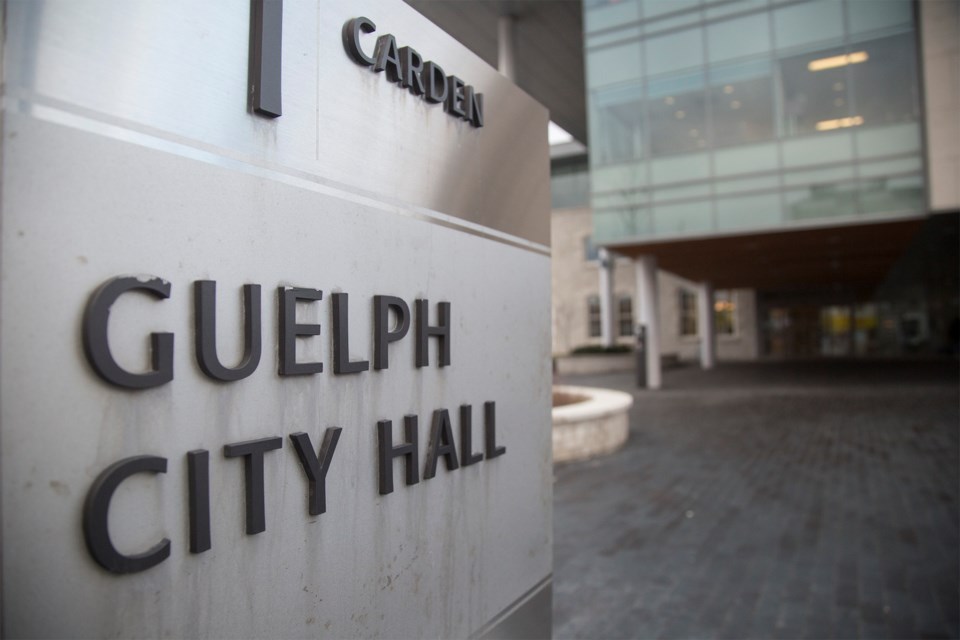Even by conservative interpretations of its somewhat confusing maze of numbers and organizational twists and turns, Guelph’s failed district energy initiative has cost the city $14 million thus far.
So it was little surprise that Monday night city council voted to put the brakes on district energy during a five-and-a-half-hour council meeting.
“It was a vision being rammed forward without any solid business cases because the city wanted to look good. The city was trying to put more awards on the mantle,” said Mayor Cam Guthrie.
“It’s a $14 million issue, I can not say nothing. This cost us almost as twice as much as Urbacon,” he said in reference to the nearly $9 million lawsuit the city lost when it cancelled a contract with the original builder of new city hall.
Council voted to accept staff recommendations (on the back of a roughly $145,000 consultant’s report) that will see no more money spent on the program until if and when a successful business case can be presented for expanding or enhancing it. But that seems unlikely given its limitations and history.
Despite some strong opposition, it will remain part of the city’s Community Energy Initiative update expected early next year. There is also the possibility that in the future it could be expanded, but the likelihood of that happening is unlikely given its history.
Council and staff decided not to completely shut the system down, partly because it makes a small amount of money and also because there would be undisclosed financial penalties to the city should they end contracts with customers early.
“Never, ever, ever, ever will I force or influence this city to ever go down a road like this again,” Guthrie said.
District energy sees two central locations, at the Sleeman Centre and the Hanlon Creek Business Park, supply heat and cooling to large customers connected to the central system.
But the initial lack of anchor tenants, poor initial revenues and other mistakes along the way have rendered both plants failing both financially and when it comes to reducing greenhouse emissions.
Council heard from staff that a failure to sign up the kind of customer the system needed to be successful, namely the University of Guelph and Guelph General Hospital, meant district energy should never have got off the ground in the first place.
The two systems do make a combined $130,000 a year, but they don’t pay down the millions spent setting them up and there is also an outstanding $1.8 million loan to the Royal Bank. There is also no backup currently in place should they fail.
And the $14 million loss mentioned by the Mayor doesn’t include write downs/write offs and potential lost dividends to the city.
Clearly much of the discussion on district energy was done in the closed door portion prior to Monday’s council meeting as, for the most part, council played nice.
Councillor Dan Gibson did broach the subject of previous comments in the media, but came up just short of naming names.
“There’s a lot of noticeable silence here tonight,” Gibson said.
He said the failed foray into district energy has “set the city’s environmental agenda back” and that council needs to take responsibility and rebuild trust.
Councilor Mark Mackinnon said he is “sick of council being involved in side businesses that lose money.”
Councilor Christine Billings wanted to know “who is being held accountable?”
Councilor Mike Salisbury wasn’t interested in looking for scapegoats and putting them “up on a cross.”
“The hunt for a scapegoat for purely political means has cost us a lot of money as well,” Salisbury said.
Councilor Leanne Piper cautiously defended the “vision” of district energy, but admitted the implementation and process were “flawed.”
“We need to move this slowly and carefully forward,” added councilor Phil Allt.
Monday’s council meeting was the last one until September, as council breaks for the rest of the summer.
